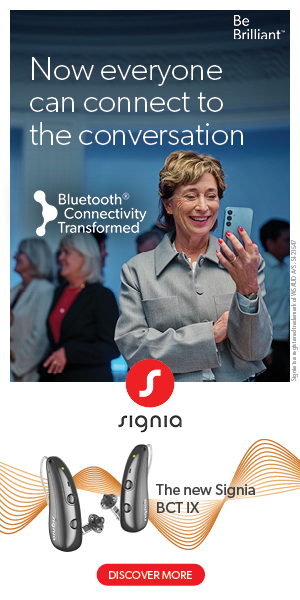Parents are loud and clear: Both teens and tweens should get tested for hearing loss, according to U-M's National Poll on Children's Health.
ANN ARBOR, Mich. – Just yelling "turn it down" isn't enough when young people are blasting music directly into their ears via earbuds and headphones, parents say. A new poll from the University of Michigan shows parents are strongly in favor of required hearing screenings for kids all the way up to age 17.
The University of Michigan Mott Children's Hospital National Poll on Children's Health recently asked a nationwide sample of parents of children 0-17 years old about whether they'd support requirements for hearing screening and where they'd prefer to have the screening done.
Overall, two-thirds of parents support hearing screening across all age groups. In the poll, 77 percent supported required hearing screening for 2- to 3-year-olds; 82 percent were in support for 6- to 7-year-olds; 71 percent for 10- to 11-year-olds; and 67 percent for 16- to 17-year-olds.
"Screening in preschool and elementary school-age children is routine in many states. That screening is very effective at identifying children with hearing loss that can impact communication. Screenings can help get children the treatment they need before they experience delays in speech, language, and learning," says Jaynee Handelsman, Ph.D., director of pediatric audiology for C.S. Mott Children's Hospital.
"What was surprising about the poll results was the overwhelming support for required hearing screening for older children and teenagers," says Handelsman.
"Hearing screening for tweens and teens is uncommon. However, as the parents in our poll recognize, children in these age groups may develop hearing loss as time goes on, possibly from extended listening to loud noise, such as through personal, portable listening devices like MP3 players," Handelsman says.
Handelsman says that the poll results are encouraging because they show parents recognize the need for continual screening. A student might pass the hearing tests as a kindergartener, but develop hearing loss or hearing problems at a later age.
Exposure to loud music through earbuds, headphones and personal audio devices can be damaging, Handelsman says, but the duration of sound can be just as damaging. If children are constantly bombarded with sound – from music players, computers, televisions, video games – they reach a point where they've heard too much.
The inspiration for a National Poll related to childhood hearing came from Marci M. Lesperance, M.D; division chief of pediatric otolaryngology at the University of Michigan Health System.
"We really wanted to know how parents felt about requiring hearing screenings, and no one had asked the public about this before," says Lesperance. "Hearing screenings are usually managed through public health departments, and as government budgets are squeezed, funding for these screenings is at risk.
"Hearing loss is an invisible disability, and does not result in hospitalization if untreated — but the costs can be social, emotional, and educational."
The poll also found that parents are more likely to prefer the primary care office for the hearing screening in preschoolers and 6- to 7-year-olds, and they prefer a school-based screening for tweens and teens.
"Compared to other polls we have done on a variety of topics, the support for hearing screening among parents is quite remarkable," says Matthew M. Davis, M.D., M.A.P.P., director of the C.S. Mott Children's Hospital National Poll on Children's Health and associate professor of pediatrics and internal medicine in the Child Health Evaluation and Research (CHEAR) Unit in the University of Michigan Health System.
"There is strong support for a more comprehensive approach to hearing screening among older children, largely based in school settings. Given the importance of hearing for success in learning and development, and the competing priorities we have for health care, we need parents to be advocates for their children on this issue," says Davis, who is also associate professor of public policy at the Gerald R. Ford School of Public Policy.
"These results also suggest that primary care offices may expect many requests for performing hearing screens among tweens and teens."
Taken from https://www.eurekalert.org/pub_releases/2012-12/uomh-emp121012.php.

